びん かん flavor。 Expressing Amounts
N4 KANJI


有効 【ゆう・こう】 — effective• 食べる 【たべ・る】 ru-verb — to eat• ~時間 【~じ・かん】 — counter for span of hour s• BROTHER HERMANO 事 こと MATTER HECHO 者 もの PERSON PERSONA 明 あか BRIGHT LUMINOSO 京 きょう CAPITAL CAPITAL 画 が PICTURE DIBUJO 知 し KNOW S ABER 物 もの THING COSA 使 つか USE USAR 所 しょ PLACE LUGAR 始 はじめ START COMENZAR 英 えい ENGLISH INGLES 味 あじ FLAVOR SABOR 門 もん GATE PUERTA 夜 よる NIGHT NOCHE 注 ちゅう POUR DERRAMAR 歩 ある WALK CAMINAR 青 あお BLUE AZUL 林 はやし FOREST ARBOLEDA 服 ふく CLOTHES ROPA 妹 いもうと Y. Satou-san is good at cooking and I ate too much again. In fact, there is nothing to stop us from using this with any adjective to indicate an amount of that adjective. おばさん — middle-aged lady• 崇 【たかし】 — Takashi first name• いい i-adj — good• これ しか ない。
6
Expressing Amounts


もっと — more• With minor particles such as 「から」 or 「まで」, it is difficult to tell which should come first. That person was the only person I liked. ううん、 これしか。 The more you study, the more you will become smarter. However, unlike 「だけ」, which is used in regular conversations, 「のみ」 is usually only used in a written context. It can modify nouns as well as verbs as seen in the next example. 静か すぎる。 今年、 十キロも 太っちゃった! I gained 10 whole kilograms this year! While the major particles always come last, it turns out that 「しか」 must come after 「から」 and 「まで」. 買う 【か・う】 u-verb — to buy• 名前 【な・まえ】 — name• 聴覚 【ちょう・かく】 — sense of hearing• Examples• 朝ご飯 【あさ・ご・はん】 — breakfast• If you compare the level of sensitivity of hearing of dogs to humans, it is far above. For negative verbs and adjectives: Replace the last 「い」 from 「ない」 with 「さ」 and then attach 「 すぎる」 Examples• 麻雀【マー・ジャン】 — mahjong• of これの)• 当日 【とう・じつ】 — that very day• She is totally wasted on him too good for him. 昨日【きのう】 — yesterday• The more I walked, the more I got lost. Anything else is assumed to be OK. It turns out that 「からだけ」 is almost twice as popular as 「だけから」 with a hit number of 90,000 vs. 人間 【にん・げん】 — human• 犬の 聴覚の 敏感さを 人間と 比べると、 はるかに 上だ。
12
N4 KANJI
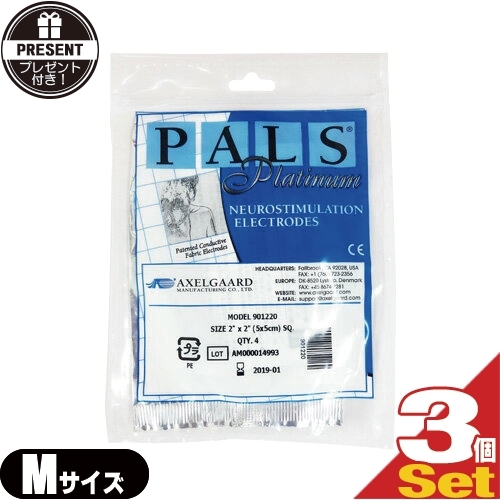
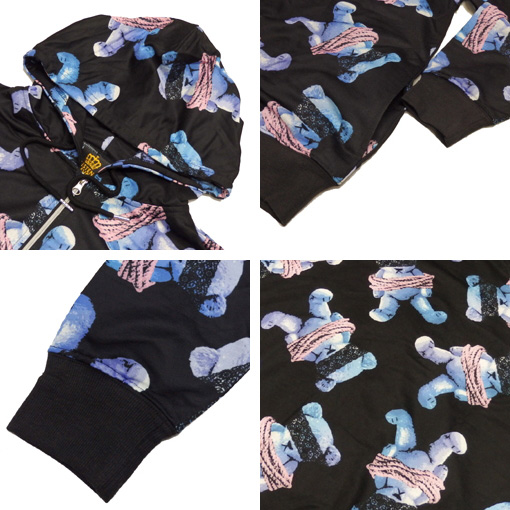
好き 【す・き】 na-adj — likable; desirable• B: それは 飲み すぎだよ。
9
「びん、かん、ぺっとぼとる、ぱっく」のアイデア 63 件
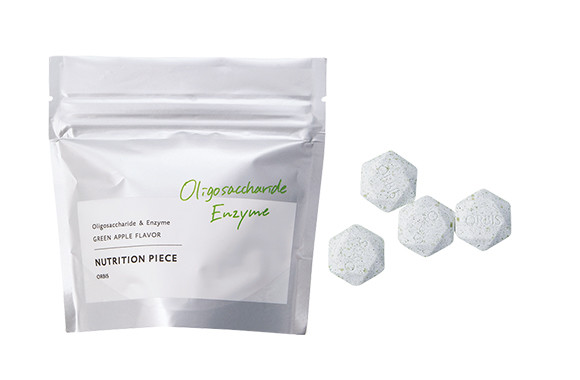

かっこ悪い。 「っきゃ」, an alternative to 「しか」 Vocabulary• 安い 【やす・い】 i-adj — cheap• It is often used for explaining policies, in manuals, and other things of that nature. アンケート — survey• 覚える 【おぼ・える】 ru-verb — to memorize• 静か 【しず・か】 na-adj — quiet• 今年 【こ・とし】 — this year• A reply has not come from only Kobayashi-san. Unlike some particles, you can directly attach 「だけ」 to verbs as well. Or perhaps a little more girly:• It is quite common in casual speech to end midsentence like this. He does nothing but play mahjong. 電話 【でん・わ】 — phone• Expressing the opposite of 「だけ」 with 「ばかり」 Vocabulary• 入る 【はい・る】 u-verb — to enter• 最近は 仕事 ばっかだよ。
You draw cards


Examples• When in doubt, try googling to see the level of popularity of each combination. 何だよ! おばさん ばっかりじゃないか? What the? Examples• 準備 【じゅん・び】 — preparations• 直美 【なお・み】 — Naomi first name• もらう — to receive• BROTHER HERMANO 同 どう SAME IGUAL 自 じ ONSELF SI MISMO 地 ち EARTH TIERRA 合 ごう FIT ADECUADO 回 かい REVOLVE GIRAR 考 かんが THINK PENSAR 死 し DIE MORIR 有 あ EXIST EXISTIR 早 はや EARLY TEMPRANO 好 す LIKE GUSTAR 字 じ LETTER LETRA 光 ひかり LIGHT LUZ 色 いろ COLOR COLOR 池 いけ POND LAGO 肉 にく MEAT CARNE 体 からだ BODY CUERPO 作 さく MAKE HACER 近 ちか NEAR CERCA 売 ばい SELL VENDER 別 べつ DIFFERENT DIFERENTE 私 わたし I YO 村 むら VILLAGE VILLA 住 す RESIDE RESIDIR 町 まち TOWN CIUDAD 究 きゅう R ESEARCH ESTUDIO 声 こえ VOICE VOZ 低 ひく LOWER BAJO 医 い DOCTOR DOCTOR 図 ず MAP MAPA 赤 あか RED ROJO 走 はし RUN CORRER 弟 おとうと Y. たくさん — a lot amount• アンケート 対象は 大学生 のみです。
9
Expressing Amounts
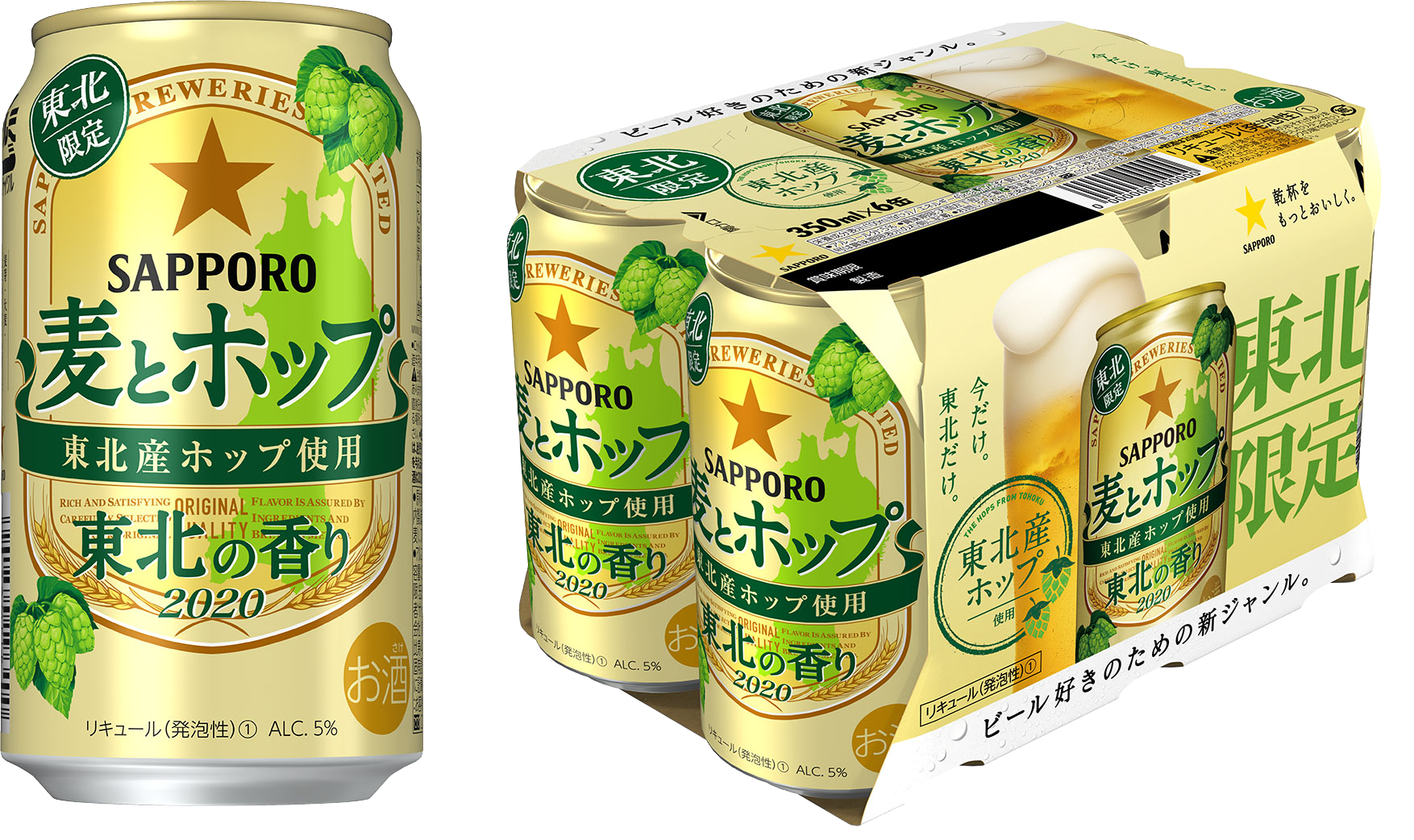
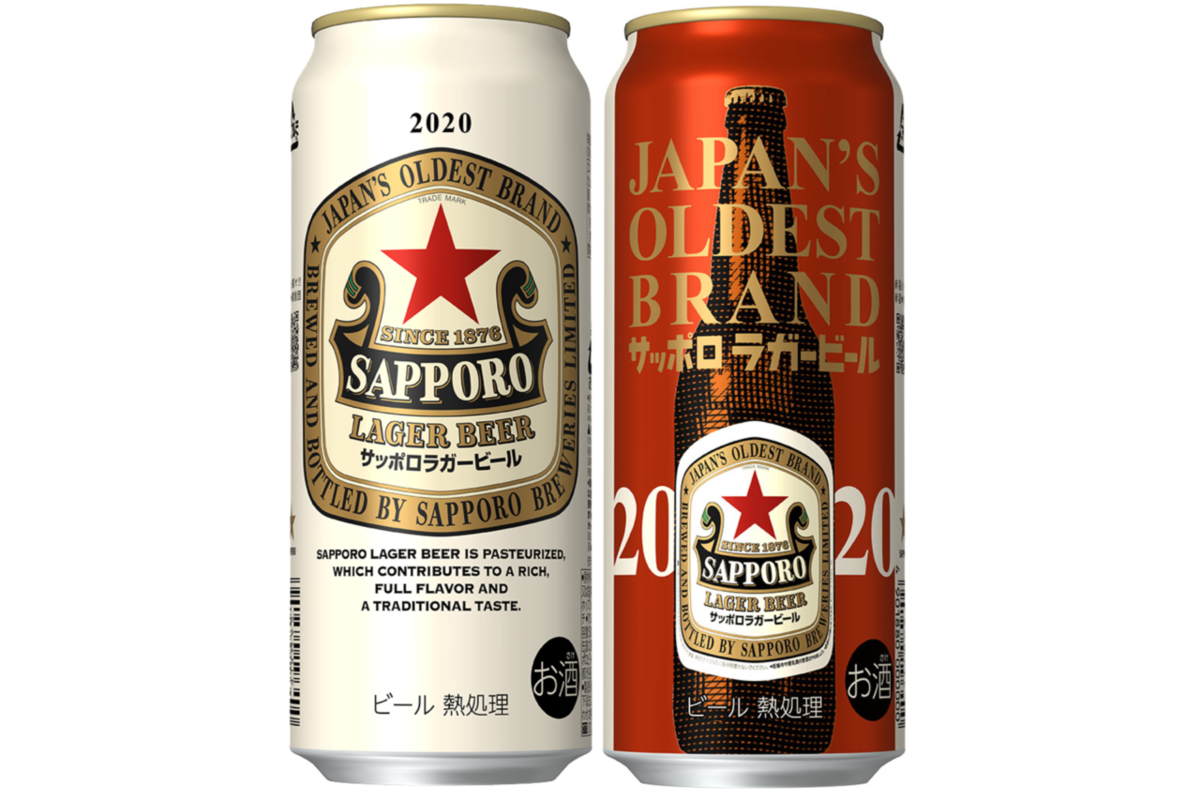
もう 腐っているから、 捨てるしか ないよ。 The same goes for double particles. この — this (abbr. 何【なに】 — what• 崇 君は 漫画 ばっかり 読んでてさ。
11
N4 KANJI
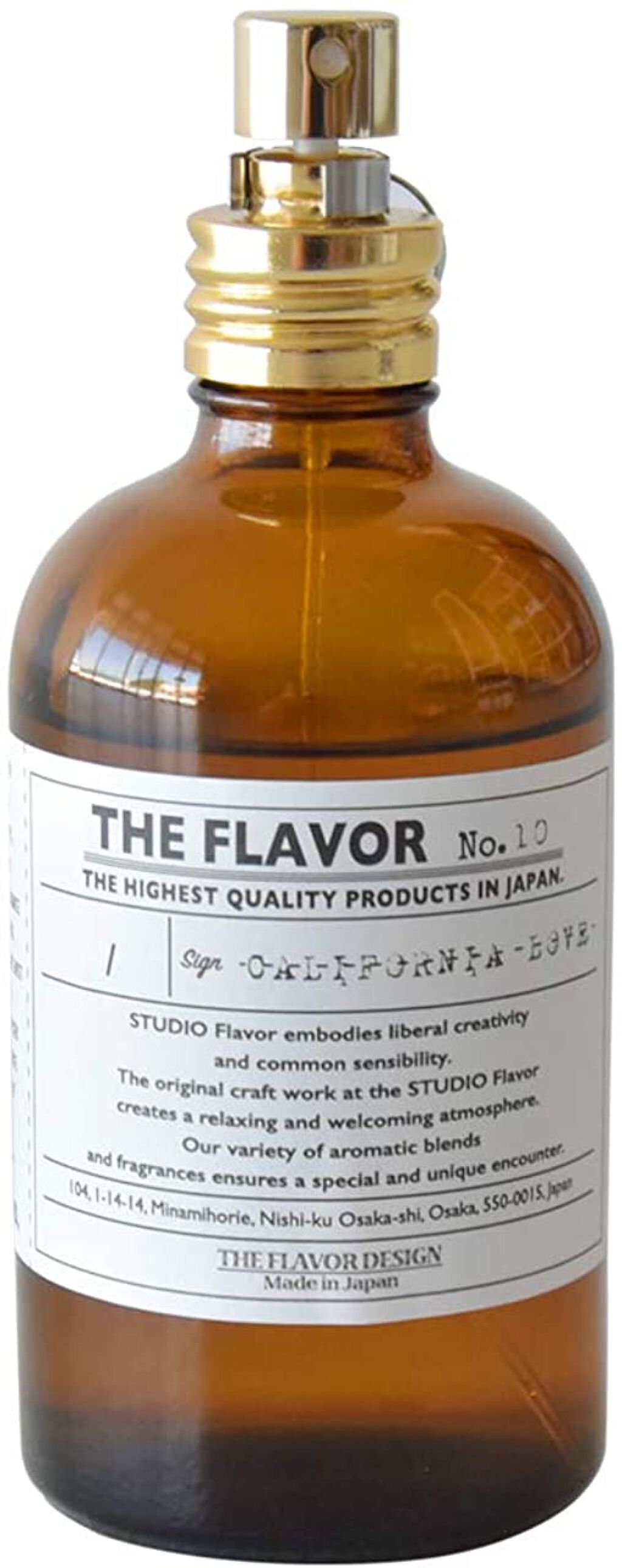
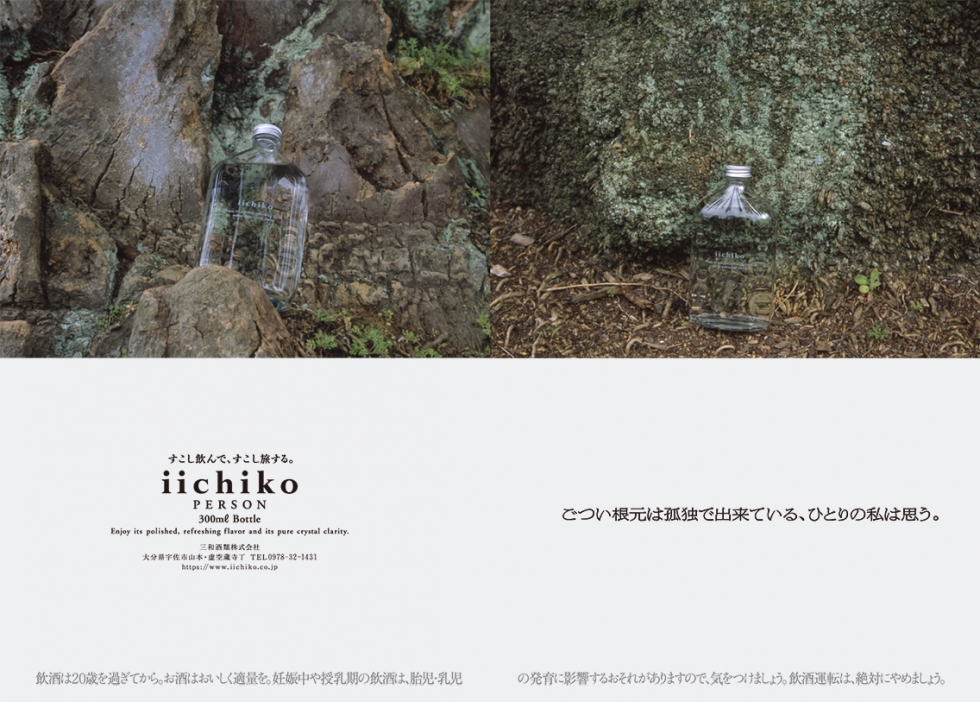
この 販売機だけ では、 五百円玉が 使えない。 韓国 【かん・こく】 — Korea• なる u-verb — to become• ある u-verb — to exist inanimate• 暑い 【あつ・い】 i-adj — hot• その — that (abbr. 上手 【じょう・ず】 na-adj — skillful• 少ない 【すく・ない】 i-adj — few•。
5
Expressing Amounts


程 【ほど】 — degree, extent• 彼 【かれ】 — he; boyfriend• ある u-verb — to exist inanimate• 文章 【ぶん・しょう】 — sentence; writing• QUICK REVIEW OF THE JLPT N4 KANJI 力 ちから STRENGTH FUERZA 工 こう CONSTRUCTION CONSTRUCCION 夕 ゆう E VENING NOCHE 方 かた D IRECTION DI RECCION 不 ふ NEGATIVE NEGATIVO 区 く DISTRICT DISTRITO 心 こころ HEART CORAZON 文 ぶん SENTENCE FRASE 元 もと PREVIOUS PREVIO 引 ひ PULL EMPUJAR 止 とめ STOP PARAR 切 き CUT CORTAR 太 ふと FAT GORDO 牛 うし COW VACA 犬 いぬ DOG P ERRO 民 たみ CITIZEN CIUDADANO 市 し CITY CI UDAD 代 か SUBSTITUTE SUBSTITUTO 田 た RICE FIELD ARROZAL 主 しゅ C HIEF JEFE 用 よう UTILIZE UTILIZAR 以 い BECAUSE ADEMAS DE 世 せ WORLD MUNDO 正 ただ CORRECT CORRECTO 台 だい PEDESTAL PEDESTAL 広 ひろ WIDE AMPLIO 仕 し SERVE SERVIR 去 こ PAST PASADO 写 しゃ COPY COPIAR 冬 ふゆ WINTER INVIERNO 兄 あに O. 終わる 【お・わる】 u-verb — to end• りんご — apple• 気 【き】 — mood; intent• 危ない 【あぶ・ない】 i-adj — dangerous• 過ぎる 【す・ぎる】 ru-verb — to exceed; to pass• A google search of 「からしか」 beats 「しかから」 by an overwhelming 60,000 to 600. Examples• It is also common to change 「 すぎる」 into its stem and use it as a noun. キロ — kilo• この ビルの 高さは 何ですか? What is the height of this building? We assume that the conclusion will come somewhere later in the story. 出来る 【で・き・る】 ru-verb — to be able to do• For na-adjectives: Attach 「 すぎる」. Using 「ほど」 to express the extent of something Vocabulary• 買う 【か・う】 u-verb — to buy• この — this (abbr. 歩く 【ある・く】 u-verb — to walk• This grammar really belongs in the advanced section since formal language has a different flavor and tone from what we have seen so far. 彼 【かれ】 — he; boyfriend• 情けない 【なさ・けない】 i-adj — pitiable• For verbs: First change the verb to the stem and attach 「 すぎる」. Most of these expressions are made with particles and not as separate words as you see in English. はるか — far more• ここに 名前を 書くだけで いいですか? Is it ok to just write [my] name here? 良い 【よ・い】 i-adj — good The noun 「ほど」(程) is attached to a word in a sentence to express the extent of something. 保存 【ほ・ぞん】 — save• 太る 【ふと・る】 u-verb — to become fatter• 発売 【はつ・ばい】 — sale• 試験のために 三時間も 勉強 した。
17
You draw cards
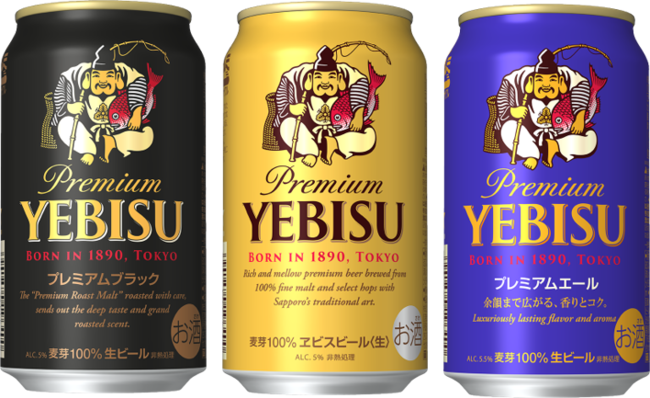

Just googling for 「のみ」 will quickly show the difference in the type of language that is used with 「のみ」 as opposed to 「だけ」. 書く 【か・く】 u-verb — to write• 足りる 【た・りる】 ru-verb — to be sufficient• This boarding ticket is only valid on the date on which it was purchased. 勉強 【べん・きょう】 — study• 昨晩 【さく・ばん】 — last night• There no choice but to run away once it turns out like this. こう — things are this way• つける — to attach• 大きい 【おお・きい】 i-adj — big• The targets of this survey are only college students. 何 【なに/なん】 — what• A: 昨晩の こと、 全然 覚えてないな。 乗車券 【じょう・しゃ・けん】 — passenger ticket• However, it is covered here because it is essentially identical to 「だけ」. Examples• Examples• 逃げる 【に・げる】 ru-verb — to escape; to run away• 人 【ひと】 — person• 気をつける — expression to be careful• その 人 だけが 好きだったんだ。 簡単 【かん・たん】 na-adj — simple• ビル — building• これ しか ある。
20
















